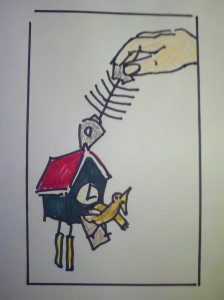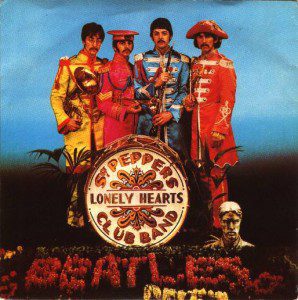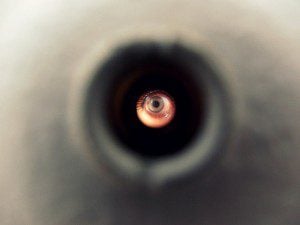 Last night I received a ton of help in bringing my books on Active Dreaming to a wider audience. We launched a new multimedia project and several e-books, I filmed an important documentary, and I still had time to give a speech to a full house at a Rotary meeting. Wonderful what we can pack in to an hour or two of sleep!
Last night I received a ton of help in bringing my books on Active Dreaming to a wider audience. We launched a new multimedia project and several e-books, I filmed an important documentary, and I still had time to give a speech to a full house at a Rotary meeting. Wonderful what we can pack in to an hour or two of sleep!
The best part was at the Rotary. A group of 80-something ladies, in tea dresses and flowered hats, were most enthusiastic about my presentation and urged me to join them for refreshments. A tiny old lady with a mischievous glint in her eye wagged a finger. She wanted to give me her surefire recipe for success. “Put fish bones in the cuckoo clocks.”
“But I don’t have cuckoo clock,” I said, mystified.
I woke feeling amused but still mystified. Put fish bones in cuckoo clocks? Was this some kind of little-old-world-lady voodoo? More likely, it was an over-literal translation of a colloquial expression from another language. But what language? I had the impression the little old lady was from Eastern Europe, but that is a vast region of many languages and folk traditions.
When I get funny phrases or mystery words in my dreams, in any language, I like to stay with them. They sometimes prove to be clues to very interesting material, even keys to treasure boxes. I did not get far when I consulted Auntie Google, entering “fish bones” and “cuckoo clock” in the search box at the same time. I recalled scenes from boyhood: of calling a person or an idea “cuckoo”, meaning crazy, of someone who nearly died when a fish bone got stuck in his throat. More thoughts of Hungarian hexes and Volga voodoo. But I really did not think this was what the sweet octogenarian in the tea dress had in mind.
Over to Facebook. I posted the key snippet from the dream, with the silly drawing above. Within minutes, this brought fascinating feedback from a friend in Turkey. Simin reported that in Turkish, “to throw or put in fish bones” means “to distract people from a situation which they feel okay with, to make them feel that there is something they have to change.” I can see that getting people out of their comfort zone and shifting them away from conventional thinking could indeed be a key to success, especially when you are offering keys to another world. My little old lady seemed to be from eastern Europe, but quite a few Turkish expressions turn up in the languages of that region, as I found in Romania, so my Turkish friend on Facebook may have supplied the exact context for understanding the first part of that funny phrase. I am curious to see what more will turn up. A folk ritual, perhaps. Oh yes, and I’ll be working on bringing through all the other good developments from the dream world into the one where my fingers are typing this.

